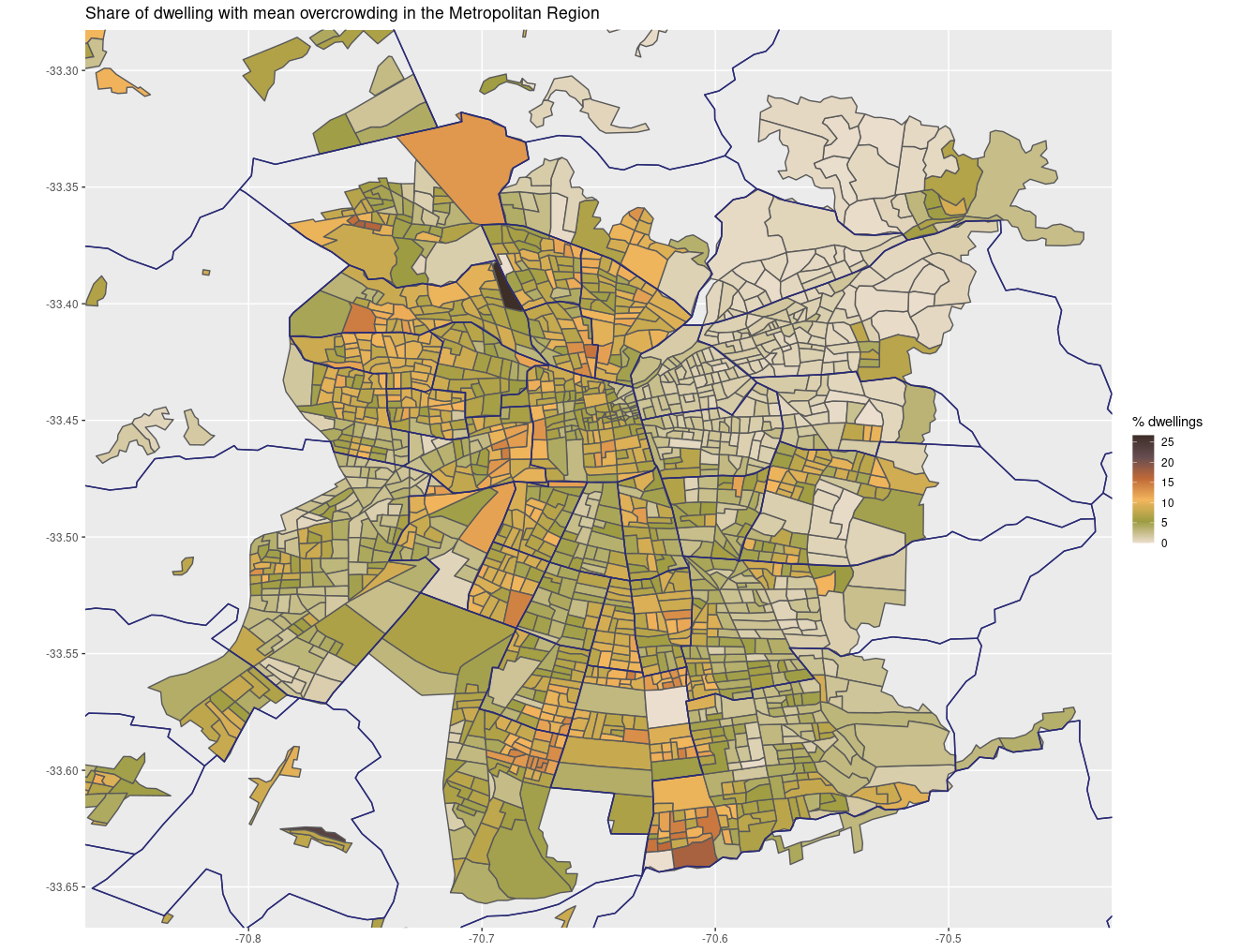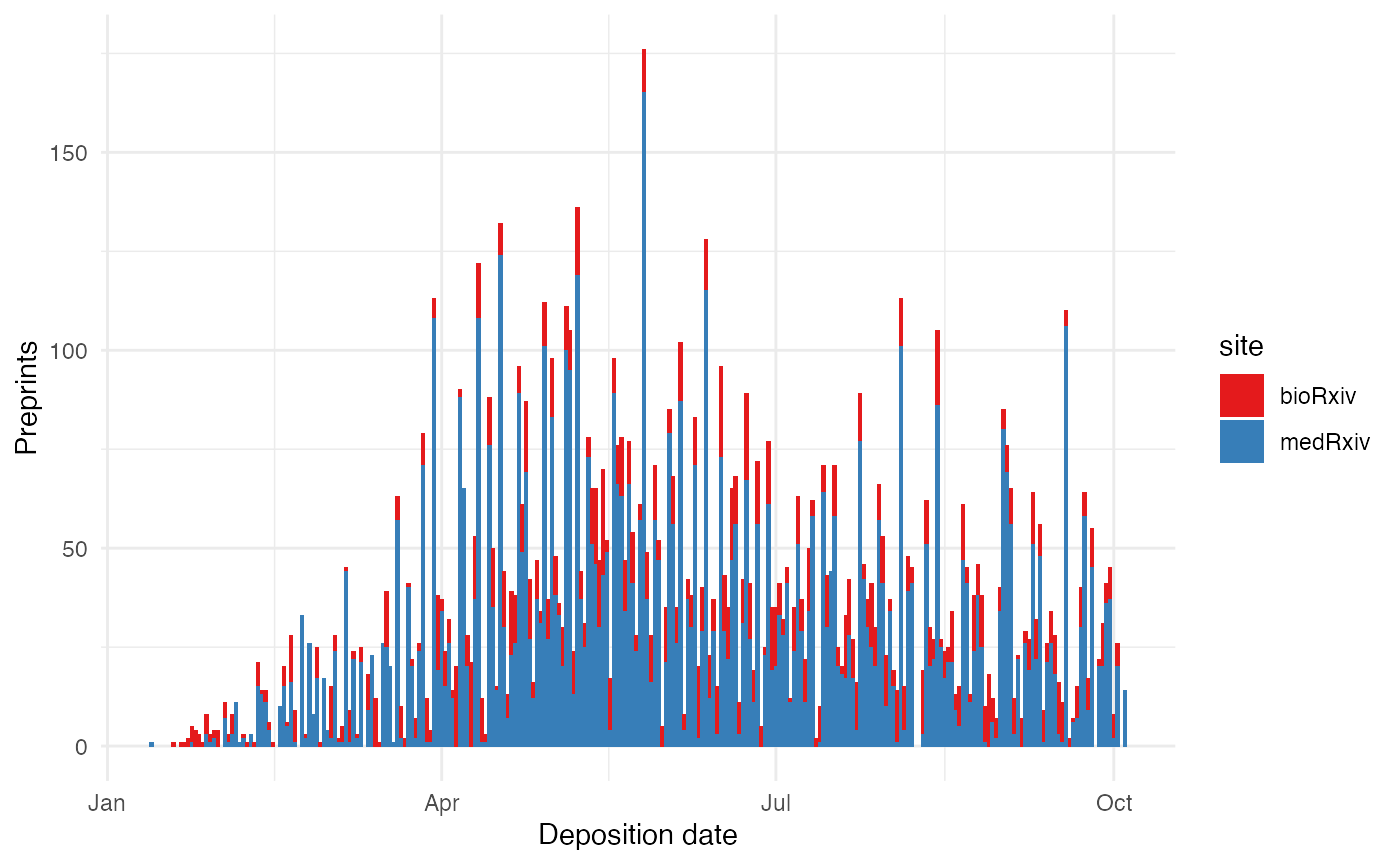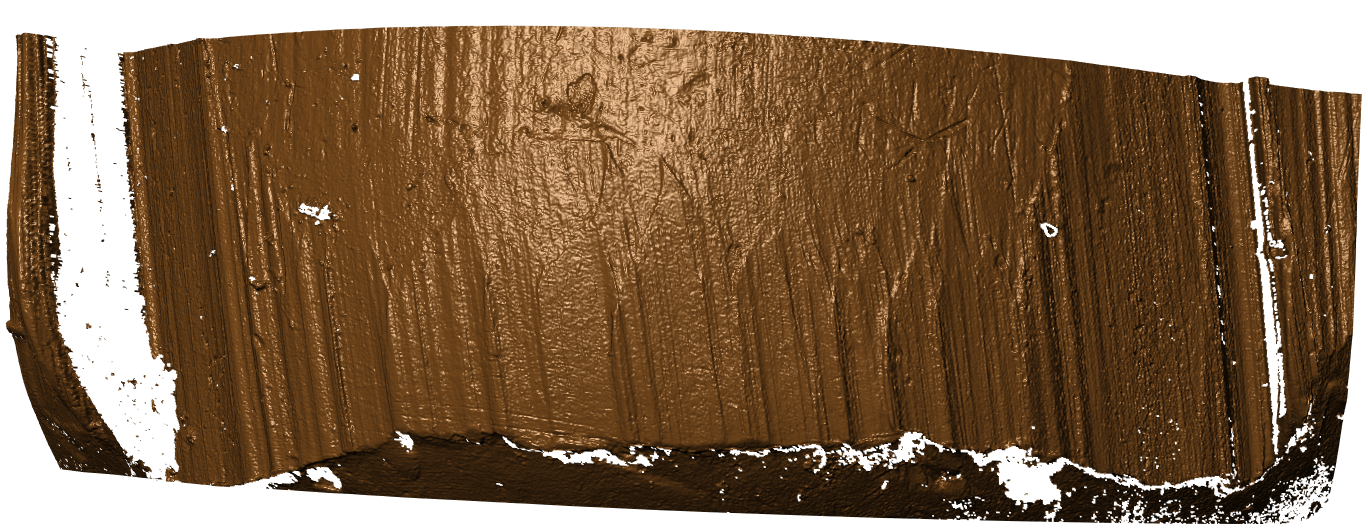Summary This post is about the surprising uses I’ve noticed and the questionsabout the censo2017 R package, a tool foraccessing the Chilean census 2017 data, I’ve gotten since it was peer-reviewedthrough rOpenSci one year ago.
rOpenSci - open tools for open science

Summary censo2017 is an R package designed toorganize the Redatam 1 filesprovided by the Chilean National Bureau of Statistics (Instituto Nacional deEstadísticas de Chile in spanish) in DVD format 2 . This package was inspiredby citesdb(Noam Ross, 2020) and taxadb(Carl Boettiger et al, 2021).This post is about thispackage, the problem it solves, how to use it, and the fact that the package andits review process were all

At the eLife Sprint in September 2020, we revamped the covidpreprints.com website, which aims at featuring landmark preprints on a timeline of the pandemic.The birth of the project The ongoing COVID-19 pandemic has led to about 35 million confirmed cases and over a million deaths worldwide.
osfr provides a ( hopefully ) convenient R interface to OSF (Open Science Framework, https://www.osf.io), a free service for managing research developed by the Center for Open Science (COS). osfr completed its rOpenSci peer-review earlier this year and has been available on CRAN since February.

The free online book Open Forensic Science in R was created to foster open science practices in the forensic science community.
We tend to know a good open source research software project when we see it: The code is well-documented, users contribute back to the project, the software is licensed and citable, and the community interacts and co-produces in a healthy, productive fashion.
A growing community of scientists from a variety of disciplines is moving the norms of scientific research toward open practices. Supporters of open science hope to increase the quality and efficiency of research by enabling the widespread sharing of datasets, research software source code, publications, and other processes and products of research.

We are pleased to welcome our Postdoctoral Fellow, Dr. Dan Sholler. Dan is an expert in qualitative research (yes, you read that correctly) and studies digital infrastructure creation, growth, and maintenance efforts. Through this research interest, he was drawn to the open science community and its ongoing development of tools and communities to support sustainable, reproducible, high-quality research.
Despite the hype around “big data”, a more immediate problem facing many scientific analyses is that large-scale databases must be assembled from a collection of small independent and heterogeneous fragments – the outputs of many and isolated scientific studies conducted around the globe. Collecting and compiling these fragments is challenging at both political and technical levels.
Science is reportedly in the middle of a reproducibility crisis. Reproducibility seems laudable and is frequently called for (e.g., nature and science). In general the argument is that research that can be independently reproduced is more reliable than research that cannot be independently reproduced.